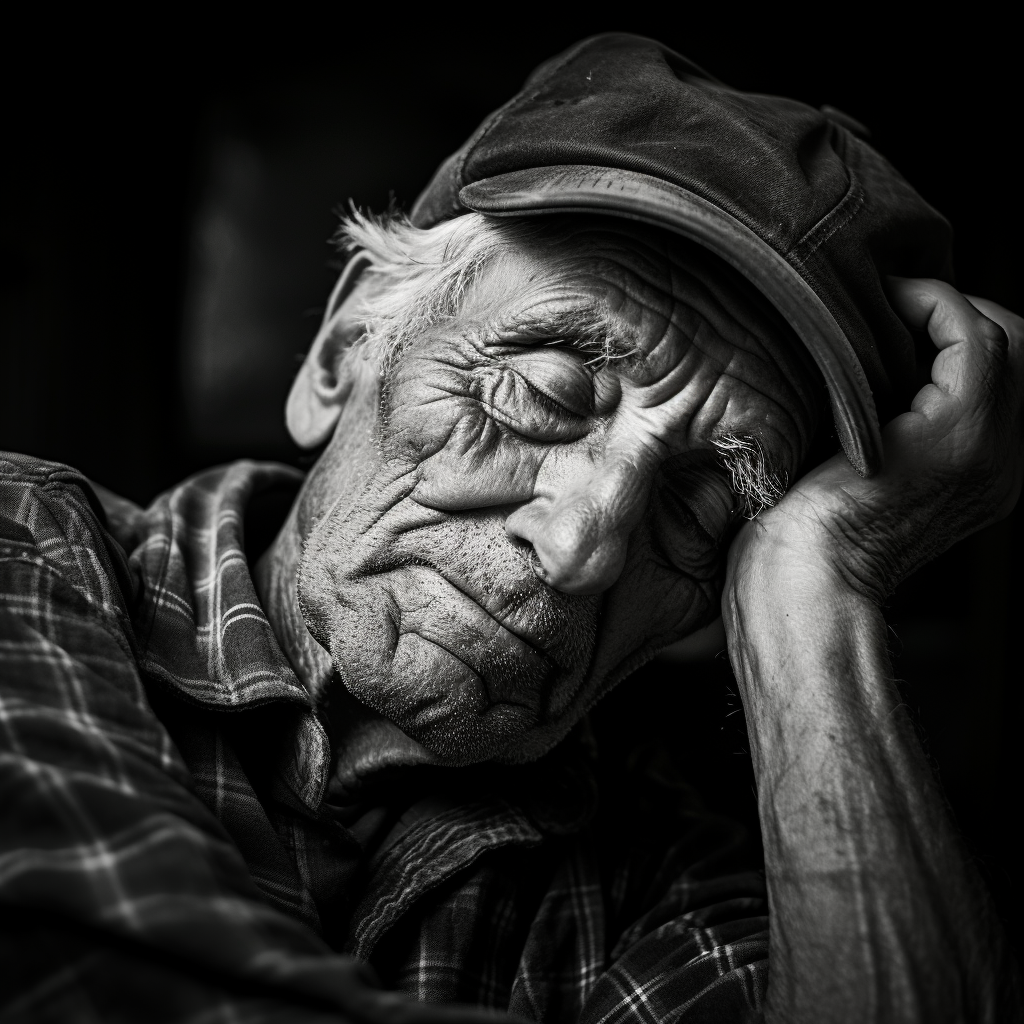Behind the Curtain: Exploring World Leaders' Sleep Routines and Impact.
Sleeping Habits of World Leaders: Decoding the Sleep Routines of the Powerful
World leaders, those individuals holding the reins of power and guiding nations, face tremendous responsibilities that can shape the course of history. Beyond the public eye and the political stage, these influential figures retreat to their private lives, including their sleep habits and routines. Exploring the sleep patterns of world leaders offers a unique lens through which we can glimpse their personal lives and gain insights into how sleep may have influenced their decision-making, leadership abilities, and overall well-being.
1. The Sleep Secrets of the Powerful:
Behind the scenes, world leaders adopt distinctive sleep routines to maintain their mental acuity and physical stamina. While their schedules often demand round-the-clock attention, strategic sleep management is essential for maintaining peak performance. Some leaders prioritize a regular sleep-wake cycle, while others adopt more flexible patterns to accommodate the unpredictable demands of their positions.
2. Historical Figures and Their Sleep Patterns:
Throughout history, iconic leaders have left a mark on the world, shaping the destiny of nations. As we explore the lives of these historical figures, we gain fascinating insights into their sleep habits. Winston Churchill was known for his midday naps, which he credited with boosting his energy and decision-making abilities during World War II. On the other hand, Margaret Thatcher famously required only four hours of sleep each night, a testament to her determination and resilience.
3. Influence on Decision-making:
Sleep profoundly affects cognitive function and decision-making abilities. For world leaders, the stakes are high, and the consequences of their choices can be far-reaching. Sleep deprivation can impair judgment, emotional regulation, and problem-solving skills, potentially impacting the quality of their decisions. Leaders who prioritize sufficient sleep are better equipped to navigate complex global issues with clarity and focus.
4. Leadership Abilities and Sleep:
Effective leadership requires charisma, influence, and the capacity to inspire others. Sleep plays a crucial role in maintaining these essential qualities. Leaders who prioritize self-care through adequate rest are more likely to exhibit the emotional intelligence necessary for connecting with their constituents and building strong alliances.
5. Coping with Sleep Deprivation:
The demanding roles of world leaders often result in sleep deprivation due to the need to address crises and make urgent decisions. To manage the toll of erratic sleep schedules, some leaders rely on power naps, while others incorporate mindfulness practices to combat fatigue and enhance cognitive resilience.
6. The Role of Napping:
Napping has been a common practice among some world leaders, serving as a valuable tool to boost energy and cognitive function. Short power naps during the day can improve alertness and productivity, making them an appealing option for leaders facing long and demanding work hours.
7. Sleep Rituals and Superstitions:
Like everyone else, world leaders have personal bedtime rituals and superstitions that offer comfort and a sense of control. From simple routines like reading before bed to peculiar practices born from cultural or personal beliefs, these bedtime habits offer glimpses into their inner worlds.
8. Lessons from the Past:
The sleep habits of world leaders offer valuable lessons for individuals seeking to optimize their own sleep routines and enhance their daily performance. Prioritizing sleep, creating a consistent sleep schedule, and acknowledging the importance of rest are actionable takeaways from observing the sleep patterns of influential figures.
9. The Power of a Good Night's Sleep:
While the circumstances of world leaders may be unique, the importance of quality sleep is universal. Sleep plays a vital role in maintaining physical health, cognitive function, emotional well-being, and overall productivity. Understanding and implementing healthy sleep practices can benefit people from all walks of life.
Conclusion:
Peering into the sleep routines of world leaders unveils a nuanced and human side to these powerful figures. Beyond their public personas, they too grapple with the daily challenge of achieving restful sleep. By understanding the relationship between sleep and decision-making, leadership, and well-being, we gain valuable insights that can influence our own lives for the better.
Join us on this enlightening journey into the sleep habits of world leaders. Share this comprehensive article with others intrigued by the sleep routines of the powerful figures who have shaped the course of history.





